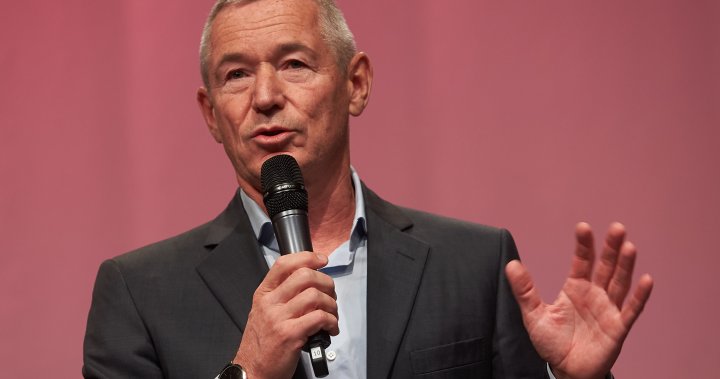
Russian buyer of Canadian oil company accused of paying kickbacks to former Ukrainian PM
Global News
Igor Makarov, 21% owner of Calgary-based Spartan Delta, has been accused by U.S. authorities of paying at least $28.5 million in kickbacks to a former Ukrainian prime minister.
A Russian energy billionaire was able to buy a majority stake in a Canadian oil and gas company without any regulatory scrutiny, despite a longstanding battle in a U.S. federal court over his alleged role in schemes involving international money-laundering, kickbacks and a disgraced former Ukrainian prime minister, Global News has learned.
Igor Makarov, who acquired 21 per cent of Calgary-based Spartan Delta last year, has been accused by American authorities of paying at least $28.5 million in kickbacks to former Ukrainian prime minister Pavel Lazarenko in 1996 for exclusive rights to sell gas in Ukraine.
While there is nothing illegal about Makarov’s Spartan Delta’s purchase, the complex international transactions expose regulatory gaps between federal and provincial agencies and the lack of vetting of foreign investors.
This is because the deal involved a so-called exempt take-over bid, a type of share-swapping transaction that in Alberta does not require disclosures from potential buyers. This process allowed Makarov’s group to merge Spartan Delta and Inception Exploration, a smaller, strategically placed oil sand company in northern Alberta.
Global News has also found there was no regulatory engagement from Alberta Securities Commission (ASC) on Makarov’s investment in Spartan Delta.
The U.S. civil forfeiture case against Lazarenko, which cites his transactions with Makarov and others, is an effort to seize about US$250 million secretly pooled in bank accounts worldwide. The California-based proceedings allege that Makarov and the principals of his Florida-based company, Itera International, personally benefited from complex money-laundering transactions that were “intended to conceal Lazarenko’s abuse of his government positions.”
Makarov is not named as a defendant or charged with any crime in the case, which has run for almost two decades.
The proceeds were allegedly stashed in a scattering of offshore banking accounts in Switzerland, Guernsey, Lichtenstein and Antigua, the Caribbean island where a Bank of Nova Scotia branch received about C$111 million, according to the U.S. government’s case.
